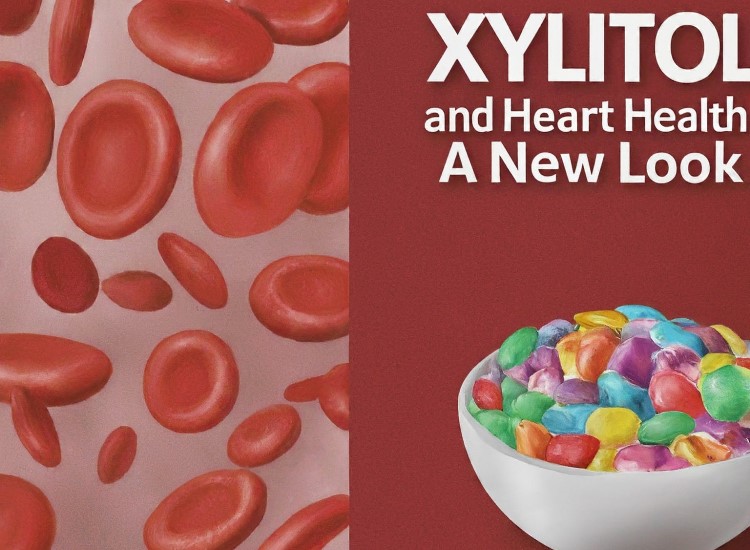Artificial Sweetener Surprise: Xylitol Linked to Increased Heart Risks

Artificial Sweetener Surprise: Xylitol Linked to Increased Heart Risks
Let’s face it, cutting back on sugar can be tough. That’s why sugar substitutes like xylitol have become so popular. You see it in everything from sugar-free gum to diet yogurt, promising sweetness without the calories. But a new study published in the European Heart Journal throws a curveball at our love of xylitol. Researchers at the Cleveland Clinic found a possible link between high xylitol consumption and an increased risk of heart attack and stroke.
Hold on, how bad is it?
The study, while significant, is observational. That means it can’t definitively prove xylitol causes heart problems, only that there might be a connection. They looked at over 3,000 people in the US and Europe, and those with the highest levels of xylitol in their blood were more likely to experience cardiovascular events within three years. We’re talking about a nearly one-third increased risk. Yikes!
But why?
The study suggests xylitol might mess with our blood clotting process. They followed up their observations with lab tests that showed xylitol could make platelets, which are involved in clotting, more likely to clump together. This raises the risk of blood clots that can lead to heart attacks and strokes.
Should I ditch the sugar-free gum?
Maybe hold off on stocking up on that xylitol-sweetened candy just yet. It’s important to remember this is one study, and more research is needed. But it’s a good reminder that artificial sweeteners, while seemingly healthy, might have hidden drawbacks.
So what can I do?
- Talk to your doctor: If you have any concerns about xylitol or other sweeteners, especially if you’re already at risk for heart disease, chat with your doc. They can help you navigate the world of sweeteners and find options that work for you.
- Moderate your intake: Even if a direct link is proven in the future, moderation is key. Enjoying the occasional sugar-free treat probably won’t hurt, but constantly consuming xylitol might not be the best idea.
- Explore other options: There’s a whole world of natural sweeteners out there! Stevia, monk fruit, and even a sprinkle of real sugar can satisfy your sweet tooth without the potential downsides.
Remember, a balanced diet is key. This study shouldn’t be a reason to panic, but it is a nudge to be mindful of what we consume. Until we know more, moderation and a chat with your doctor are your best bets.






